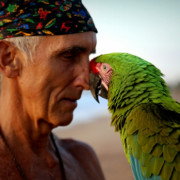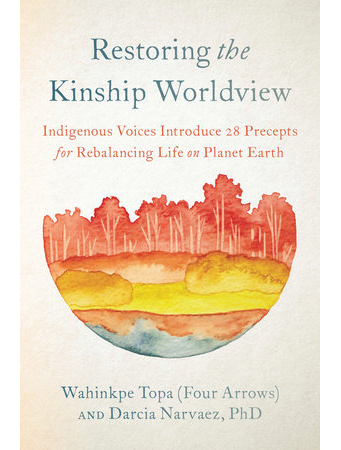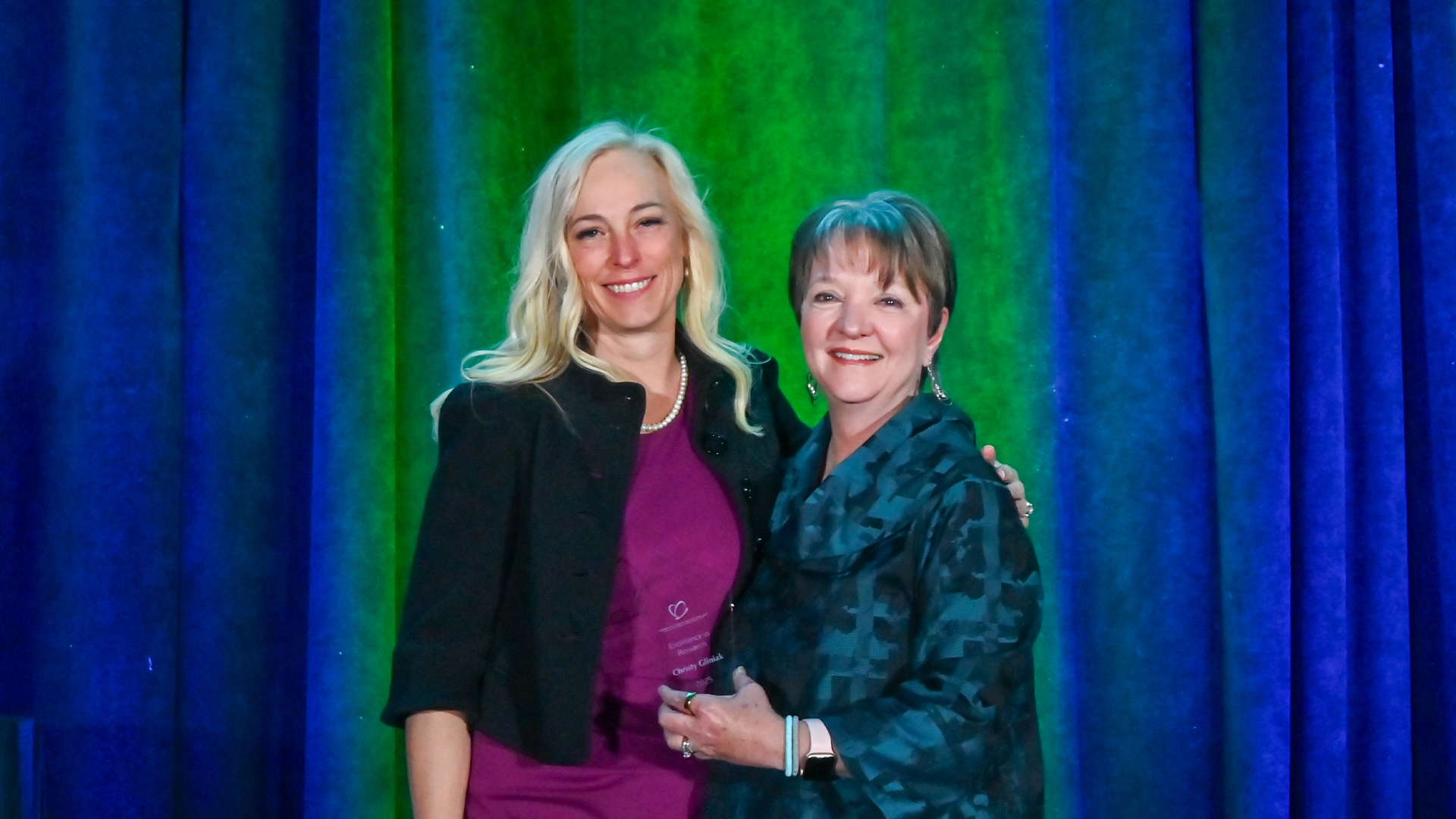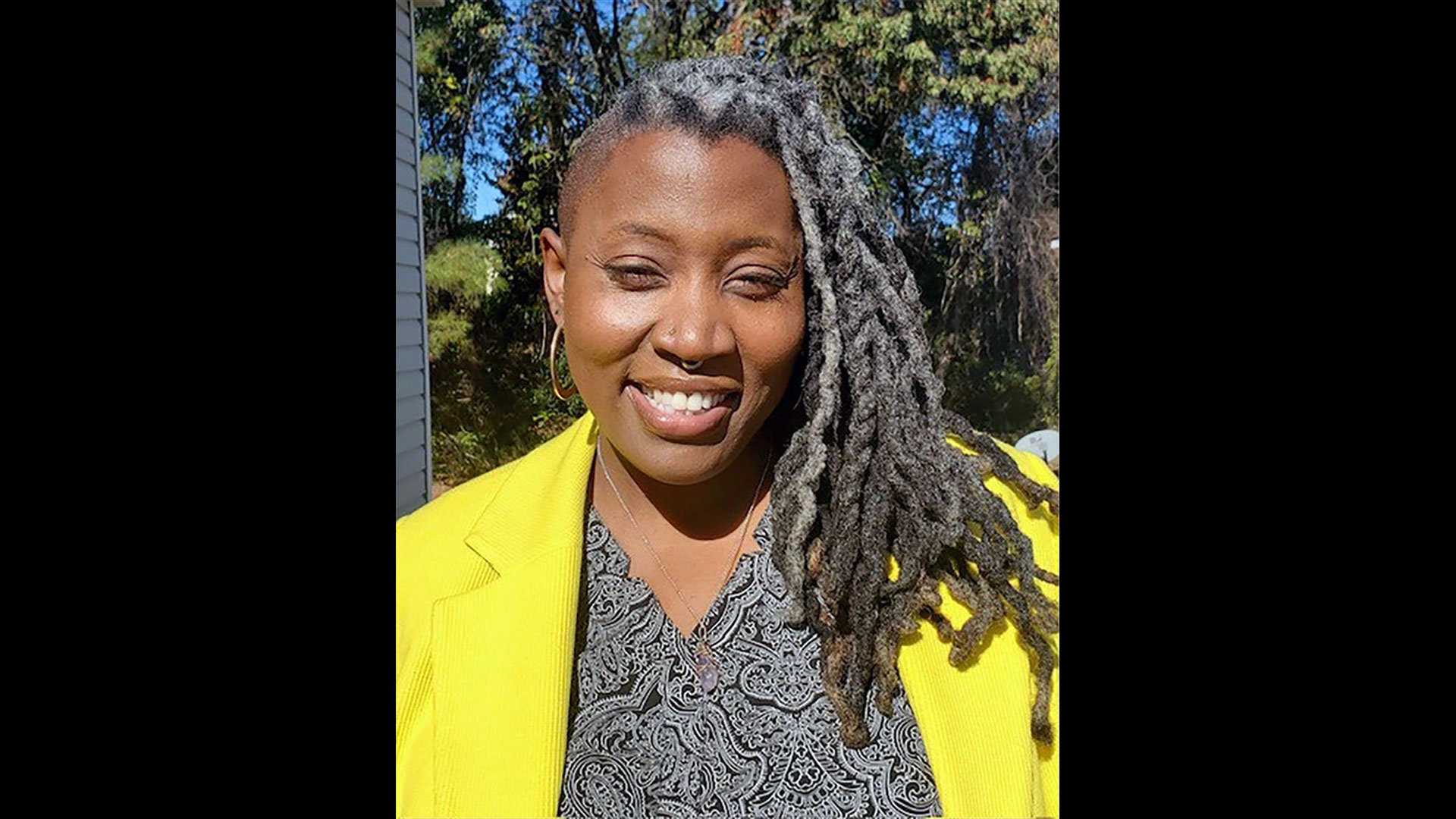U.C. Berkeley’s Science Center for the Greater Good picked Restoring the Kinship Worldview: Indigenous Voices Introduce 28 Precepts for Rebalancing Life on Planet Earth as among the most inspirational and thought-provoking science books of 2022.
The books editors and authors are faculty member, Wahinkpe Topa (“Four Arrows”) and Notre Dame Psychology Professor Emeritus, Darcia Narvaez. They use powerful quotes from noted Indigenous to introduce 28 Indigenous worldview precepts needed to re-balance our out-of-balance emphasis on contrasting dominant worldview precepts. The Indigenous, kinship, nature worldview that guided humanity for most of its history is “not about domination or self-centeredness or anthropocentrism, but rather about collaboration and unification across human groups, animal species, plant species, waterways, mountains, everything that’s alive.”
In the book, Indigenous leaders offer their perspective on topics such as community, nature, and death. Four Arrows and Narvaez then dialogue about how to use non-binary worldview reflection and trance-based learning to re-think and transform basic moral principles about our relationship to nature and the cosmos. They offer scientific findings and personal experiences from their unique fields of expertise to give practical meaning to each leader’s message. For example, in a chapter on “heart wisdom,” Aleut elder Ilarion Merculieff describes the importance of centering ourselves in our heart to gain humility and wisdom. The editors then offer research linking the heart’s vagal tone to more wise, humble reasoning. Overall, the book offers practical considerations for creating a more harmonious world. Making a distinction between Indigenous, place-based knowledge, which must be supported and honored as unique, and the in-common beliefs diverse Indigenous cultures share that belong to all people, this book invites a return to our original, nature-based Indigenous worldview. The authors and its notable endorsements are clear that doing so is, critical for human survival and the well-being of future generations.
The book’s editors selected remarkable passages to introduce the 28 precepts from such notable Indigenous authors and activists as Mourning Dove, Robin Wall Kimmerer, Winona LaDuke, and Xiuhtezcatl Martinez. Chapter titles include:
• Egalitarian rule versus hierarchical governance
• A fearless trust in the universe, instead of a fear-based culture
• The life-sustaining role of ceremony
• Emphasizing generosity and the greater good instead of pursuing selfish goals and for personal gain
• The laws of nature as the highest rules for living
The editors emphasize our deep need to bring the Kinship Worldview back into emphasis so as to balance out the one that is destroying life systesm. By doing so, we can relearn how to live with strong social purpose, honor the earth as sacred, use trance-based learning; place individual “rights” over collective responsibility, etc. With this book we can once again live in a way that sees all life forms as sacred and sentient–that honors the wisdom of the heart, and grants equal standing to rights and responsibilities.

Four Arrows, Ph.D., Ed.D.
Inviting readers into a world-sense that expands beyond perceiving and conceiving to experiencing and being, Restoring the Kinship Worldview is a salve for our times, a nourishment for our collective, and a holistic orientation that will lead us away from extinction toward an integrated, sustainable future.
Can the Indigenous Worldview Build a Better Future?
Read the UC Berkeley interview with the authors by the Greater Good Science Center.
Four Arrows is a core faculty member in Fielding’s School of Leadership Studies.
Join Over 7,500 Fielding Alumni Located Around The World!
Change the world. Start with yours.™







Get Social